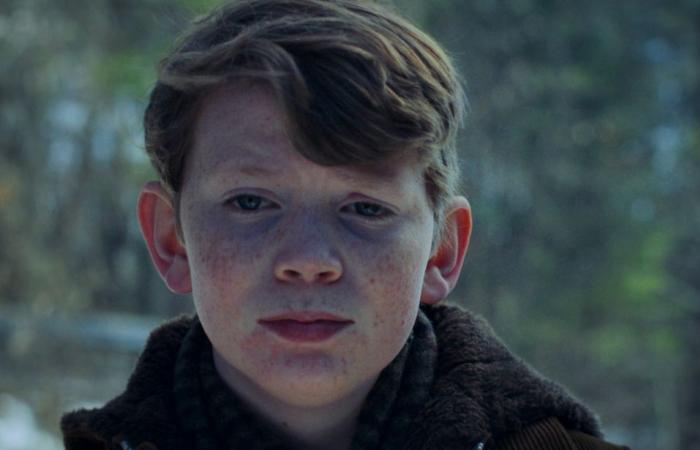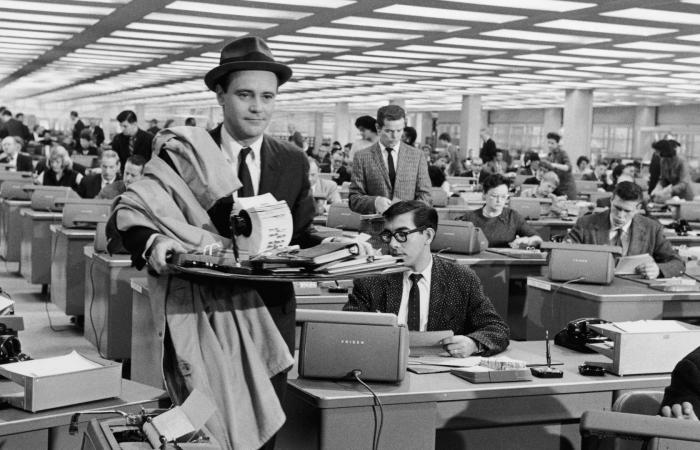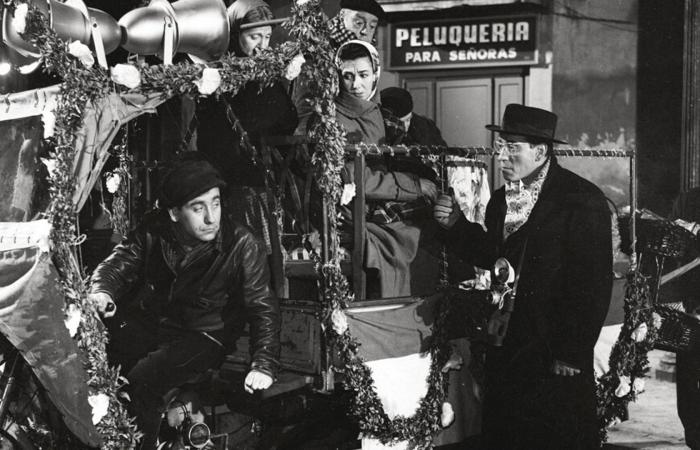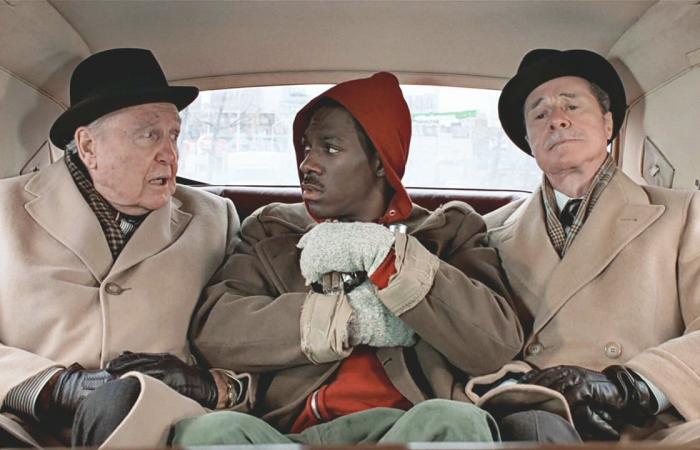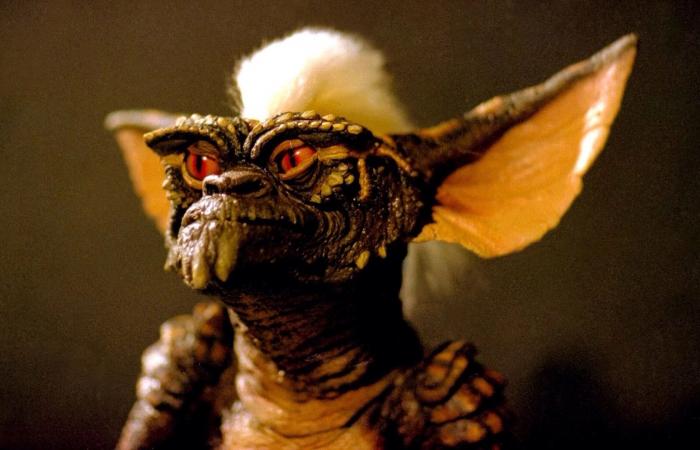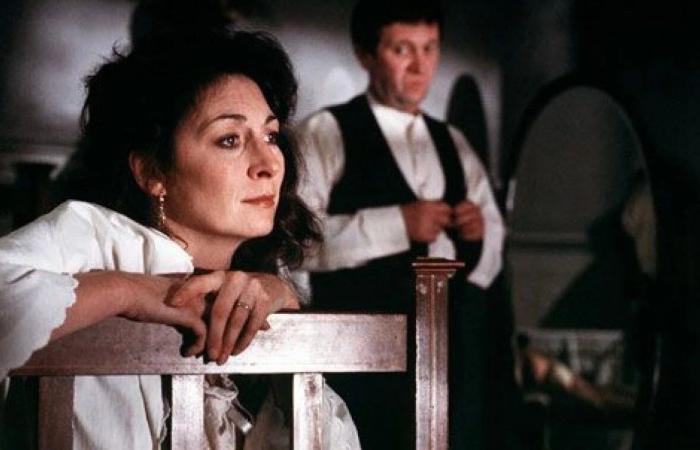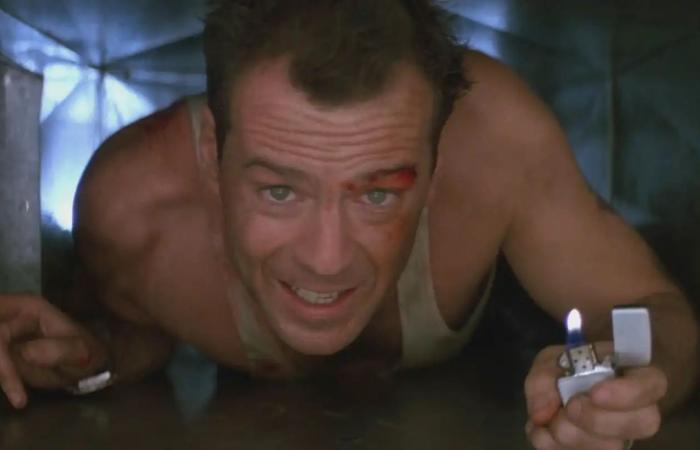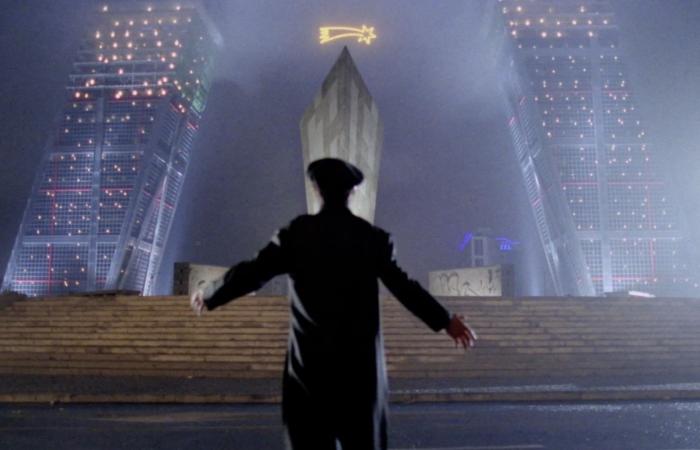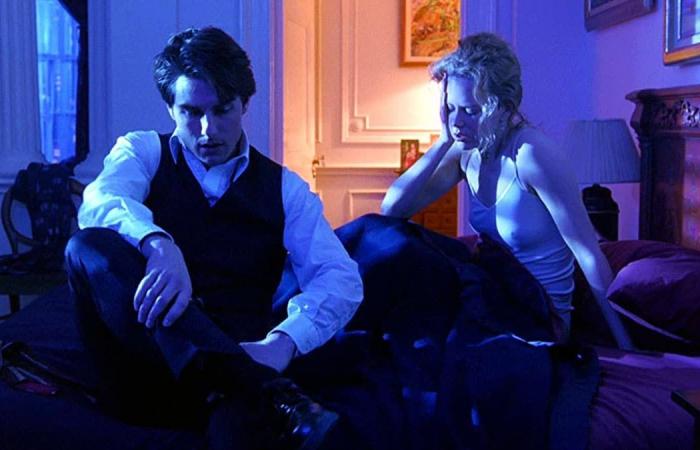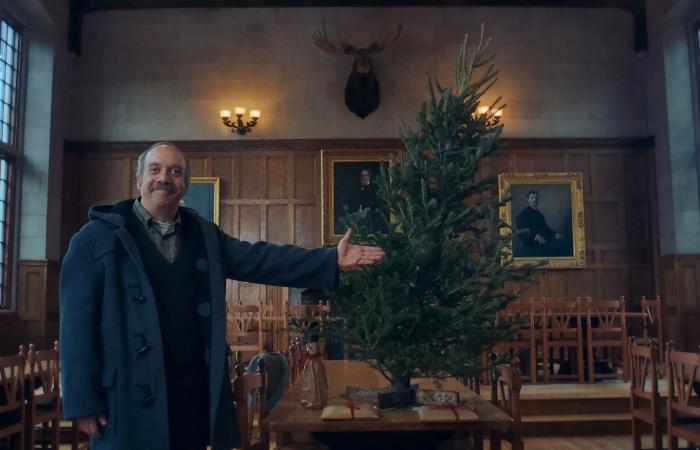The level of Christmas filth that can be found on the platforms at this time, especially on Netflix and Prime Video, is depressing, all those TV movies Germans or Yankees with sweet couples and cloying families. But there is also room for great films set at Christmas. If you haven't seen any of them, you're late. If you have seen it, it may be time to enjoy it again on your vacation.
And I'm sure you have yours, dear reader, but these are our 10 chosen ones:
How beautiful it is to live!
How beautiful it is to live!by Frank Capra, 1946. Old, but obligatory. It is important to remember its historical context: the end of World War II, a horrific carnage that Capra knew well, as did James Stewart, the film's protagonist, enlisted in the air force and who returned home with post-traumatic syndrome. Capra thought that his first film after the war should be full of light and good feelings and he thought of a Christmas story that reformulated the biblical story of David against Goliath, a nice plagiarism of Christmas storyby Charles Dickens. And the film can be criticized for being naive and sugarcoated, but as my friend David Torres wrote, “Capra had such a prodigious visual imagination and technical mastery that he could make you believe anything: that dreams come true, that good always comes true. triumphs and that the misers are always punished.” On Filmin and Movistar Plus+.
The apartment
The apartmentby Billy Wilder, 1960. Anyone who proclaims that they like cinema is obliged to see the quintessential New Year's Eve movie at least once in their life, perfect if you want to close the night with a work of art instead of a party favor tacky Here the end of the year is celebrated in an absurd Hawaiian bar where Miss Kubelik (wonderful Shirley MacLaine) has dinner with the adulterer Jeff Sheldrake, who treats her like trash. By the way: the sexist and corrupt men of The apartment They are like those of Mad Menbut without the need for costumes or period settings. In Filmin.
Placid
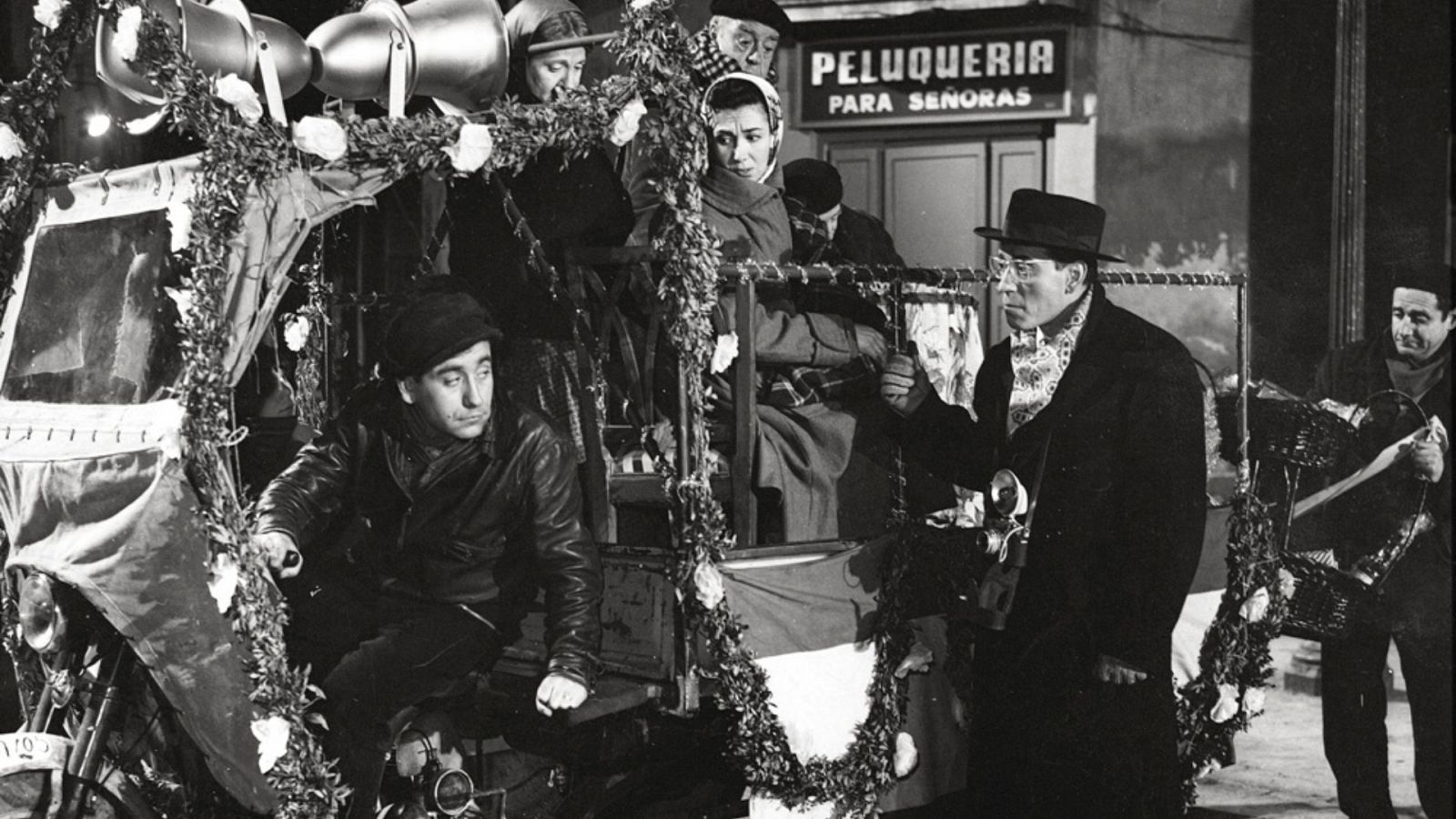
Placidby Luis García Berlanga, 1961. Like Luis Buñuel in ViridianaBerlanga fired ruthlessly, brutally and accurately against Christian charity, in this case the Francoist upper bourgeoisie. Here the rich, or those who appear to be so, follow an insane campaign that says “Sit a poor person at your table” on Christmas Day. The most terrifying thing is that this Christmas campaign is inspired by a real Franco campaign.
If Diario Red can publish what almost no one else dares, with a left-wing editorial line and all the journalistic rigor, it is thanks to the support of our partners.
The prodigious direction of this film, with the usual long Berlanguian sequence shots, should be study material in any film school that wants to bear that name. The one where I studied was taught by its production director and she told us what she suffered filming with Berlanga, although they ended up getting along wonderfully. On Movistar Plus+ and FlixOlé.
The game goes between rogues
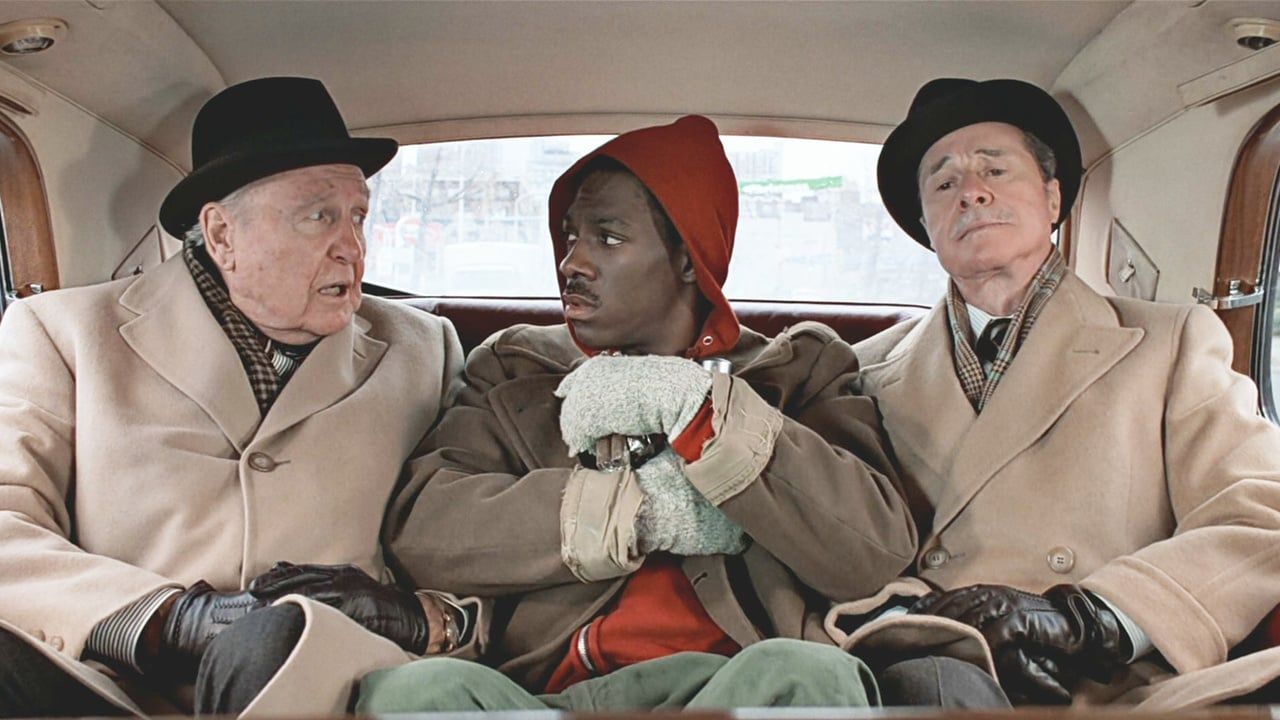
The game goes between roguesby John Landis, 1983. It is the first film that told me that capitalist speculators are sons of bitches and the upper class are absurd riffraff. Its script, by Timothy Harris and Herschel Weingrod (they often work together and were producers of A day of fury), is a rather implausible nonsense, but the tone chosen by Landis works as it had worked for him in American style rampage y Rogues at full speed. The best thing about the movie is the spectacular production, the great cast and above all a rookie Eddie Murhpy, who is superb. On Apple TV.
Gremlins
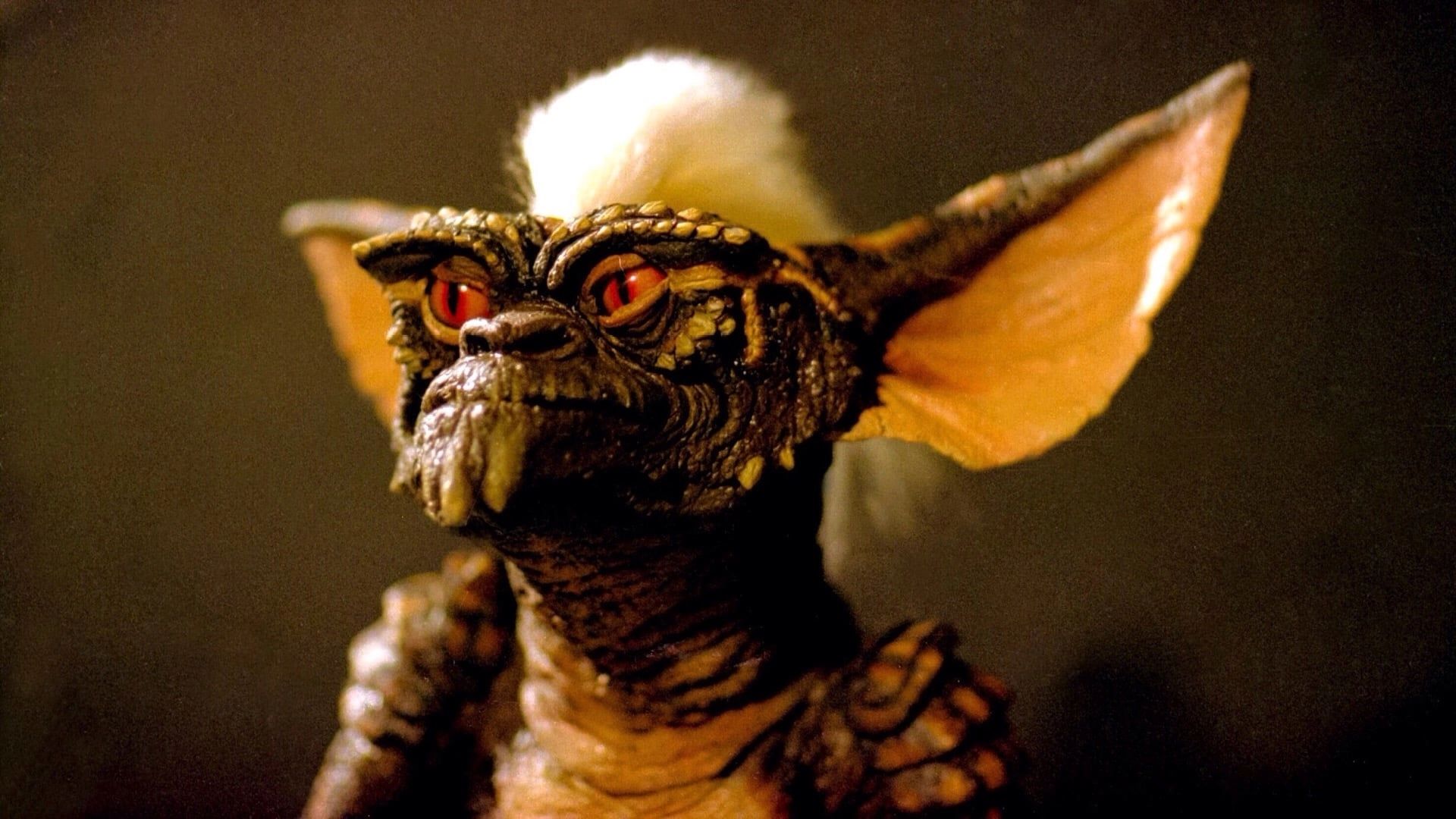
Gremlinsby Joe Dante, 1984. I remember the first time I saw it like it was yesterday. I was eleven years old and my teacher, upon seeing a sign that read “Steven Spielberg Presents” (and two little white paws sticking out of a cardboard box), thought it would be a good idea to take me to see it. When the first bug exploded in the microwave of the typical American family (we still didn't know what a microwave was), he thought that maybe he had chosen the wrong Christmas movie, but since he saw that I was enjoying that nonsense, I'm sure he thought: “What the hell, let the kid enjoy it.” And boy did I do it. You can repeat the experience at home if you have children. In Filmin, Max and Movistar Plus+.
Dublineses
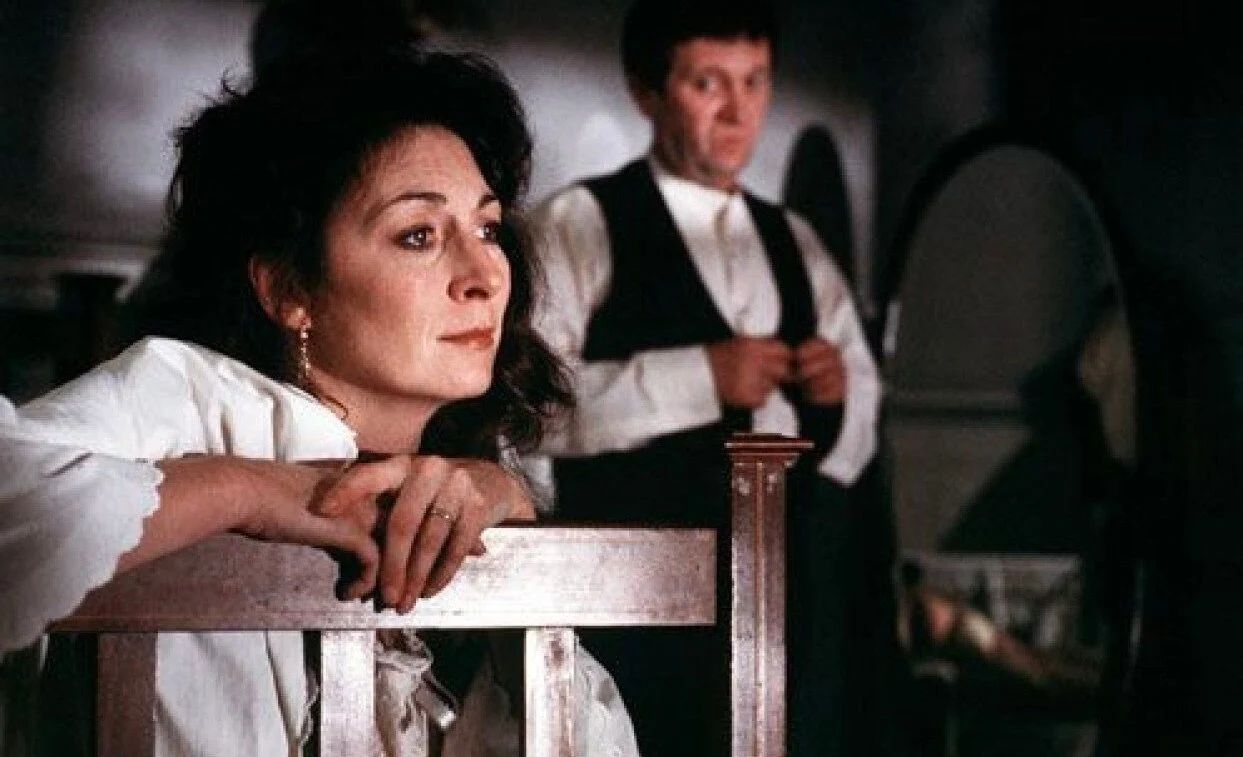
Dublinesesby John Huston, 1987. Based on a text by James Joyce, it is set during a cold Christmas, specifically on Epiphany Day in Ireland. A husband (Gabriel) is disturbed by the sadness of his wife, Gretta. In the hotel room where they are resting, after visiting the family, she drops the name that dynamites everything: Michael Furey, the boy she is still in love with and died crazy in love with her, an unbridled passion that not even in dreams can she achieve Gabriel.
I will spare myself from commenting on what Pedro Almodóvar perpetrated with this film and Joyce's text in his last and very pedantic nonsense. In Filmin.
The Crystal Jungle
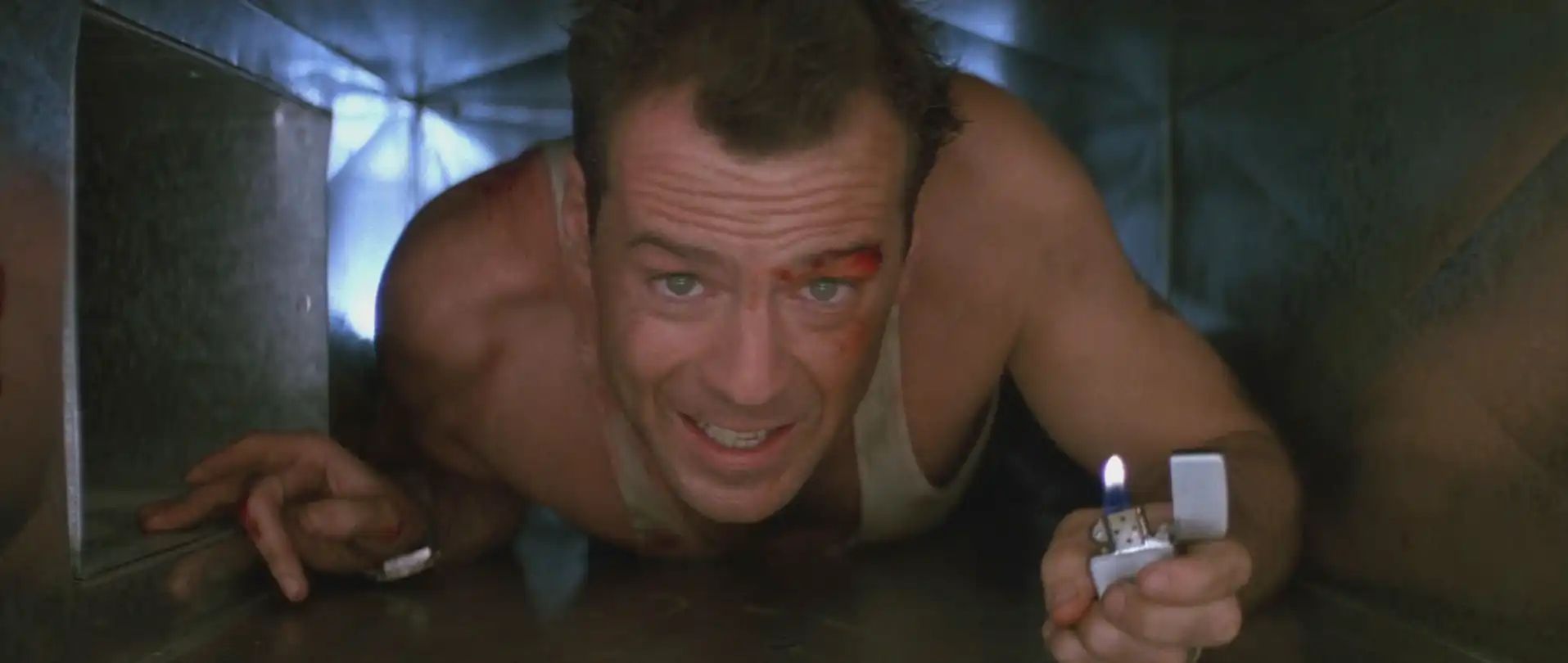
The Crystal Jungleby John McTiernan, 1988. Set on a bloody New Year's Eve, it is perfect for the January 1st hangover. It doesn't demand too much from the viewer, it is shot like angels and it is one of the best action films of the eighties, those of us who enjoyed it in a movie theater can attest. The project was originally going to star Frank Sinatra, but it ended up in a drawer. And sometimes, rarely, in Hollywood the drawers are opened again. Fox called the director of Predatoranother popcorn delight, and Bruce Willis, the protagonist of the series moonlight. The rest is history. On Disney+.
The day of the beast
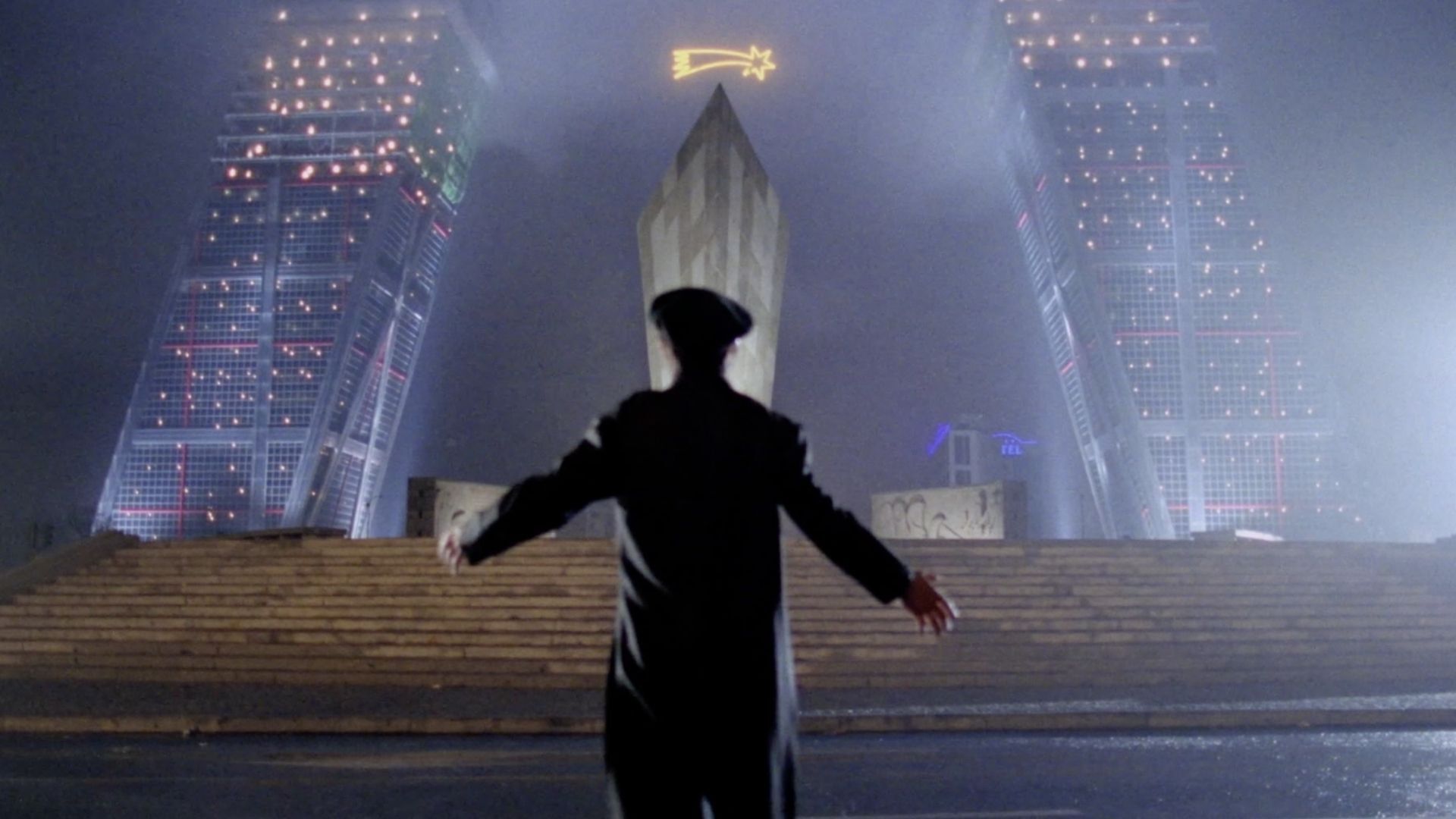
The day of the beastby Alex de la Iglesia, 1995. On more than one of my many Bilbao-Madrid trips, I met Jorge Guerricaechevarría on the Alsa, a screenwriter who confessed that he came up with the ending of The day of the beast on one of those journeys. So, when you arrived from Bilbao to Madrid, you saw some crooked and unfinished towers. Those horrifying skyscrapers ended up being the headquarters of Bankia, led by the golfer Rodrigo Rato, author of Aznar's “economic miracle.” And to think of those towers as a symbol of Satan is visionary. Today, when you see the psycho, dirty, clumsy and perverse turn of Madrid's voters and rulers, you discover that The day of the beast It's not fantastic cinema, it's neorealism! On Netflix, Prime Video, Movistar Plus+ and FixOlé.
Eyes Wide Shut
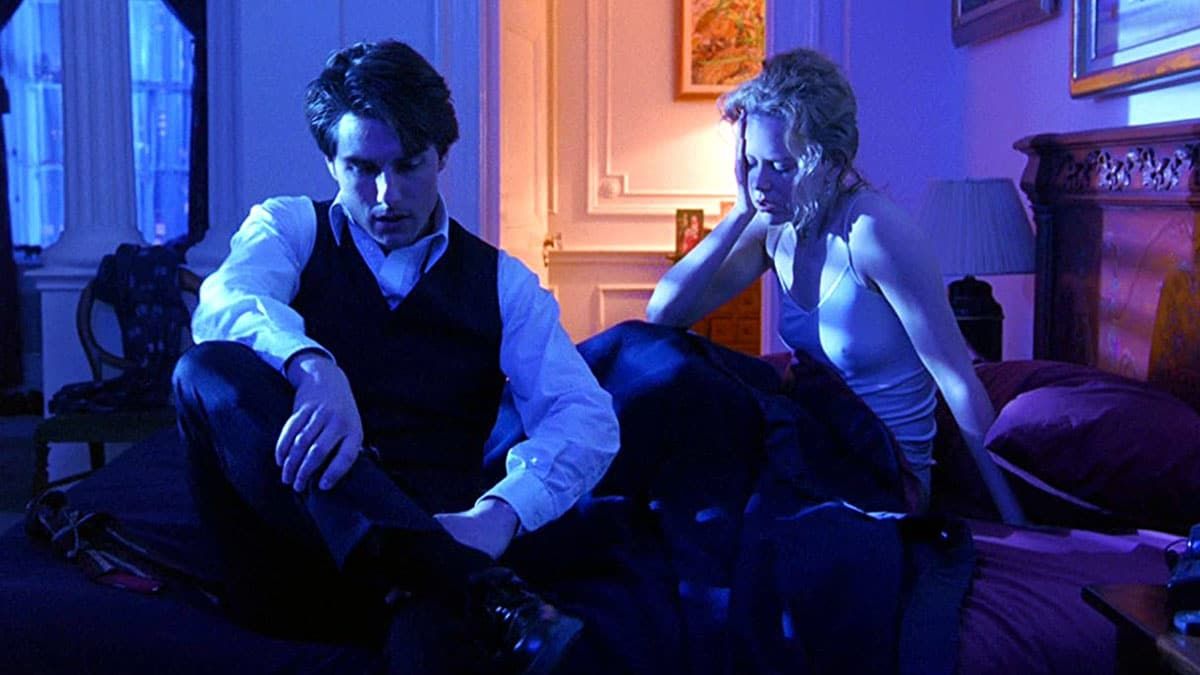
Eyes Wide Shutby Stanley Kubrick, 1999. The bedroom confession at the beginning resembles the confession at the end of Dublineses. Kubrick, inspired by a novel by Arthur Schnitzler, set his posthumous work, and with great skill, in a cold New York Christmas in which his protagonist, a respectable doctor and father of a family, is upset by his wife's confession. In short: if an attractive and virile soldier whom she met for only a few hours had asked her to leave everything, husband and daughter, to go with him, she would have done it. Without batting an eye. In short, everything that we think is solid and immovable is more fragile and volatile than we think. The film ends in a toy store in the middle of Christmas and its last word, the last in a Kubrick film, is “fuck.” On Netflix and Movistar Plus+.
Those who stay
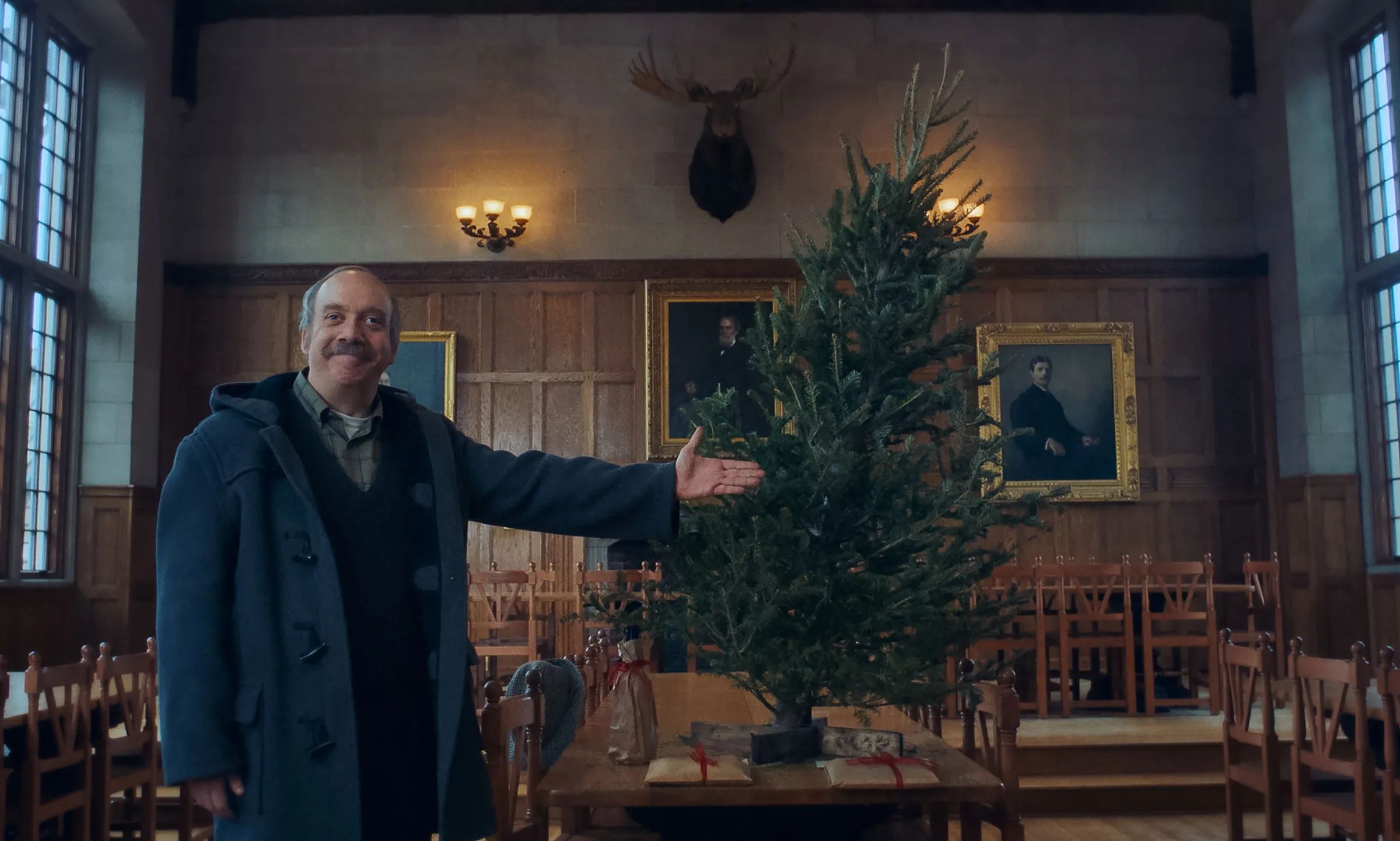
Those who stayby Alexander Payne, 2023. The director of Between cups He reunited in this film with Paul Giamatti, to whom he gave the character of Paul Hunham, a cantankerous professor at a New England school for posh boys forced to stay on campus during the Christmas holidays to take care of a group of students forgotten by their parents. Payne returns in this film, deeper than it seems, to the topic of fatherhood, which he already dealt with in About Schmidt, The descendants y Nebraska. A SkyShowtime.

